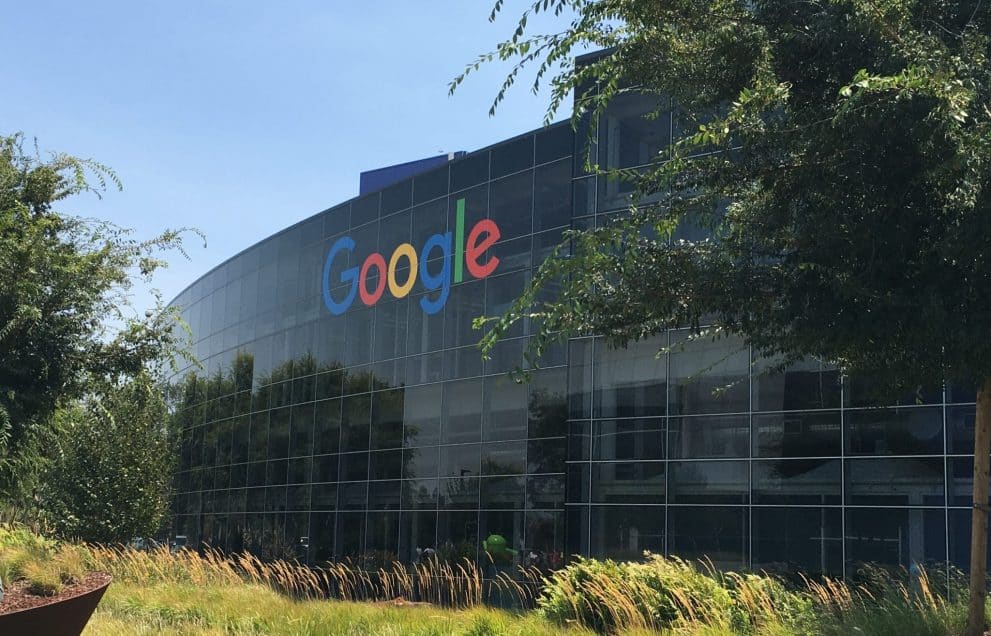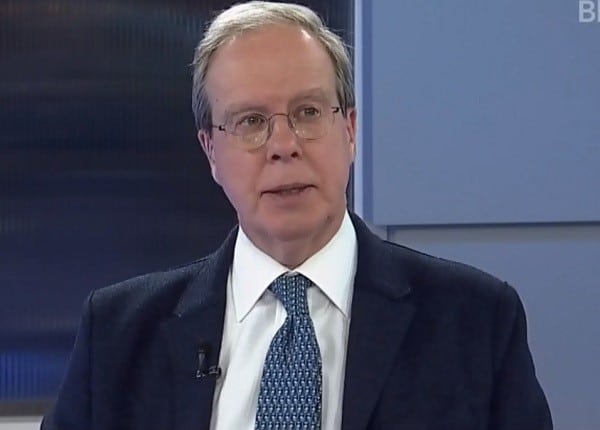
Fintech and the payments companies are a hot commodity these days as more and more names crowd into the space, leaving investors likely wondering where the bargains might be. Not with PayPal (PayPal Stock Quote, Charts, News, Analysts, Financials NASDAQ:PYPL), says portfolio manager Darren Sissons, who contends that while having some skin in the payments sector is a good idea, you’d be better off holding Visa (Visa tock Quote, Charts, News, Analysts, Financials NYSE:V).
“We actually do like the sector of online payments, the digital payments. It’s definitely a great category to be in and I think that portfolios should have at least some of that exposure. I do find PayPal a little expensive, and we are long term holders of Visa,” said Sissons, partner at Campbell Lee & Ross, who spoke on BNN Bloomberg on Wednesday.
Online payments has seen its share of success stories recently, with PayPal itself more than doubling in value over the course of 2020. The company called last year the strongest in the company’s history, where its Total Payment Volume (TPV) ran to $936 billion, a 31 per cent increase over 2019.
“PayPal delivered record performance in 2020 as businesses of all sizes have digitized in the wake of the pandemic. In this historic year, we released more products than ever before and have dramatically scaled our acceptance worldwide, giving our 377 million consumer and merchant accounts even more reasons to use our platform,” President and CEO Dan Schulman wrote in PayPal’s 2020 fourth quarter and year-end press release.
And the success of the company has continued in 2021, on evidence in its latest quarterly release, its Q2 delivered in July, where TPV was up a full 40 per cent year-over-year to $311 billion. For the full year, PayPal now expects to hit TPV to grow by between 33 and 35 per cent and for net revenue to grow at about a 20 per cent clip. PayPal’s third quarter results are expected on November 8.
The company has also made headlines with its M&A, recently announcing the acquisition of Japanese buy-now-pay-later (BNPL) company Paidy for $2.7 billion in an attempt to stay on top of the rapidly evolving payments space. Instalment and BNPL companies saw substantial growth over the pandemic, and the established names took notice, with Square recently agreeing to pay a whopping $29 billion for Australian BNPL company Afterpay.
Visa itself has been touting its services to support the BNPL wave, saying its Visa Installments Solution is being used worldwide through collaborations with a number of banks and payment services.
“For years, Visa has been enthusiastically embracing BNPL for the same reason we pioneered revolving credit, debit and prepaid decades ago: because it expands choice and convenience for buyers and sellers alike,” said Mary Kay Bowman, SVP and global head of payment and platform products at Visa, in an October 27 press release. “If shoppers prefer a BNPL fintech solution, we are here and enabling it; if they want an option from their banks, we’re helping offer those too.”
Visa delivered its fiscal fourth quarter earnings on Tuesday, showing net revenue up 29 per cent to $6.6 billion GAAP EPS up 70 per cent to $1.65 per share. The company said its payments volume for the quarter was up 17 per cent and for the fiscal 2021 year was up 16 per cent. The top and bottom quarterly numbers came in above analysts’ estimates.
At the same time, management’s guidance was muted, calling for fiscal first quarter revenue growth in the high teens in terms of percentage, which would be low compared to the 29 per cent just achieved in Q4 and perhaps uninspired considering the current economic recovery where consumers are looking to spend more than they have in the recent past. As well, recent news has outlined an investigation by the US Justice Department into Visa for its financial incentives connected to payments companies like PayPal and Square. Visa’s stock is down by a little over ten per cent over the past two trading days.
But Sissons likes Visa over PayPal and expects solid growth from the company coming out of the pandemic.
“Through the COVID experience VISA was very, very strong, so the challenge for the company now is it’s a net recovery story exiting COVID. So when people start moving out, there will be more upside,” Sissons said. “I do think there’s a significant runway here in terms of upside for the stock.”
“Unless you’re looking to double up on the risk — and we don’t generally do that. We typically pick one name per sector — if you’re looking for a second name and you’ve got a relatively longer time horizon then PayPal is okay but I don’t think it’s on sale. So, the preferred choice would be Visa, he said.
By comparison, PayPal returned 117 per cent over 2020 and after a pullback over the past week is currently at about even for 2021. Visa returned 16 per cent in 2020 and now after the recent events is underwater by about four per cent for 2021.
Leave a Reply
You must be logged in to post a comment.





 Share
Share Tweet
Tweet Share
Share




Comment